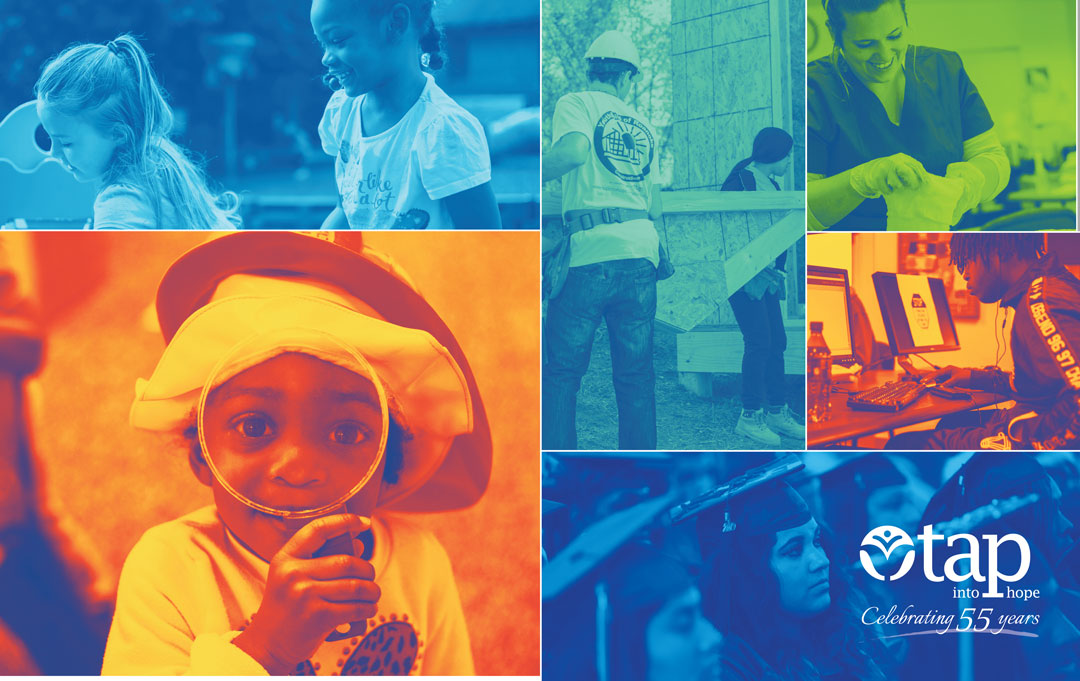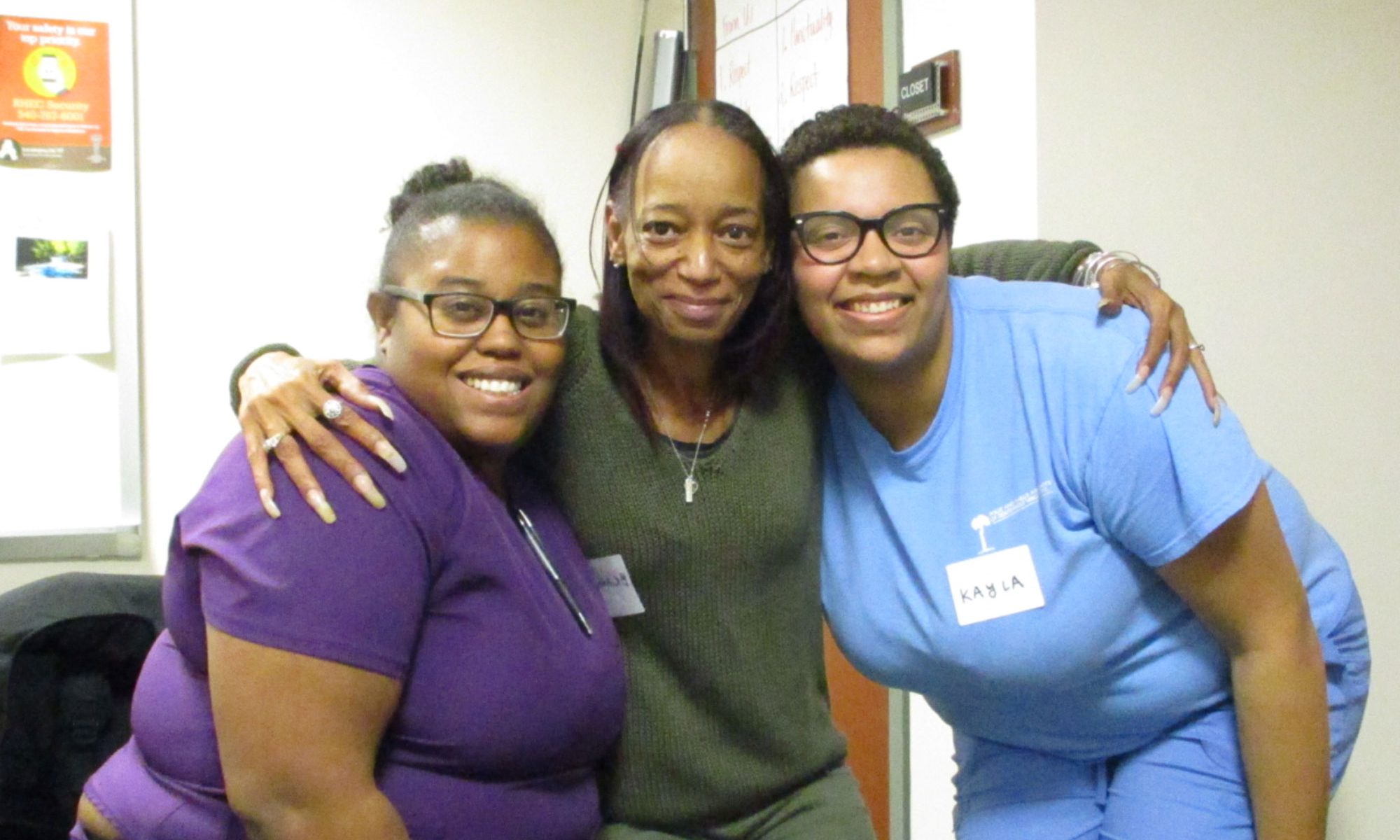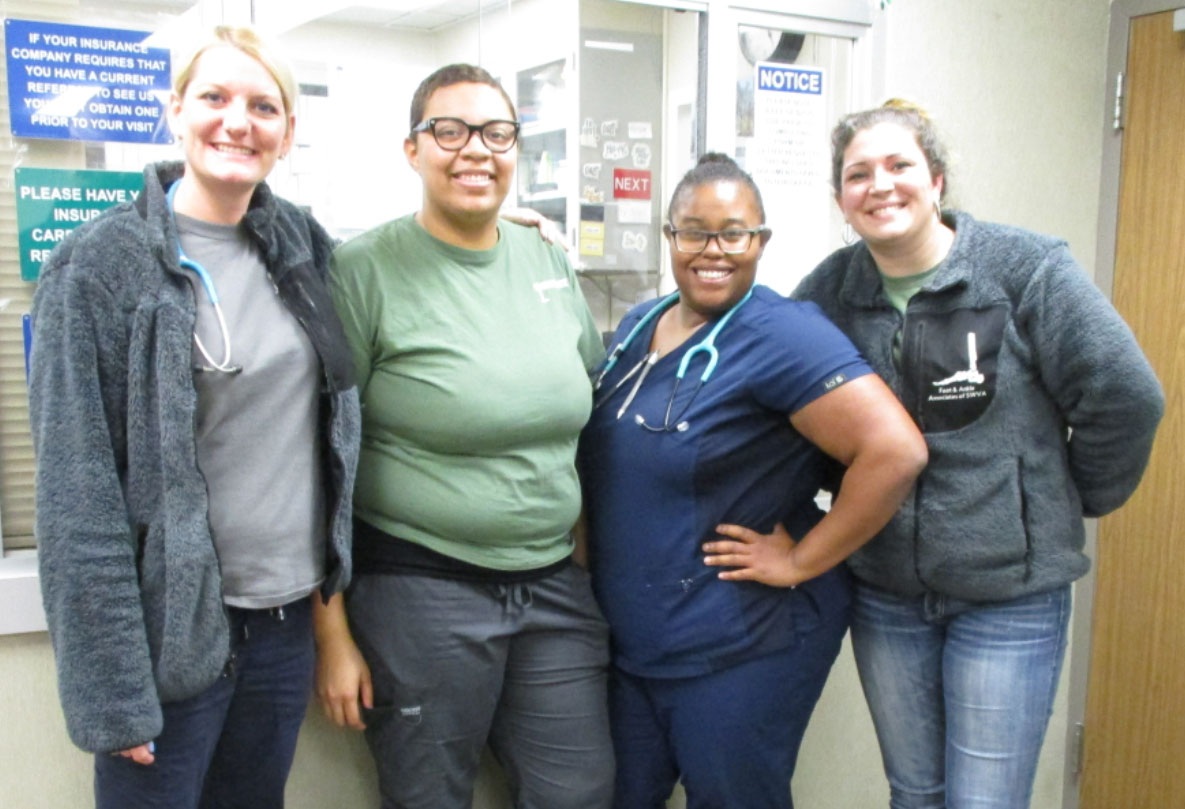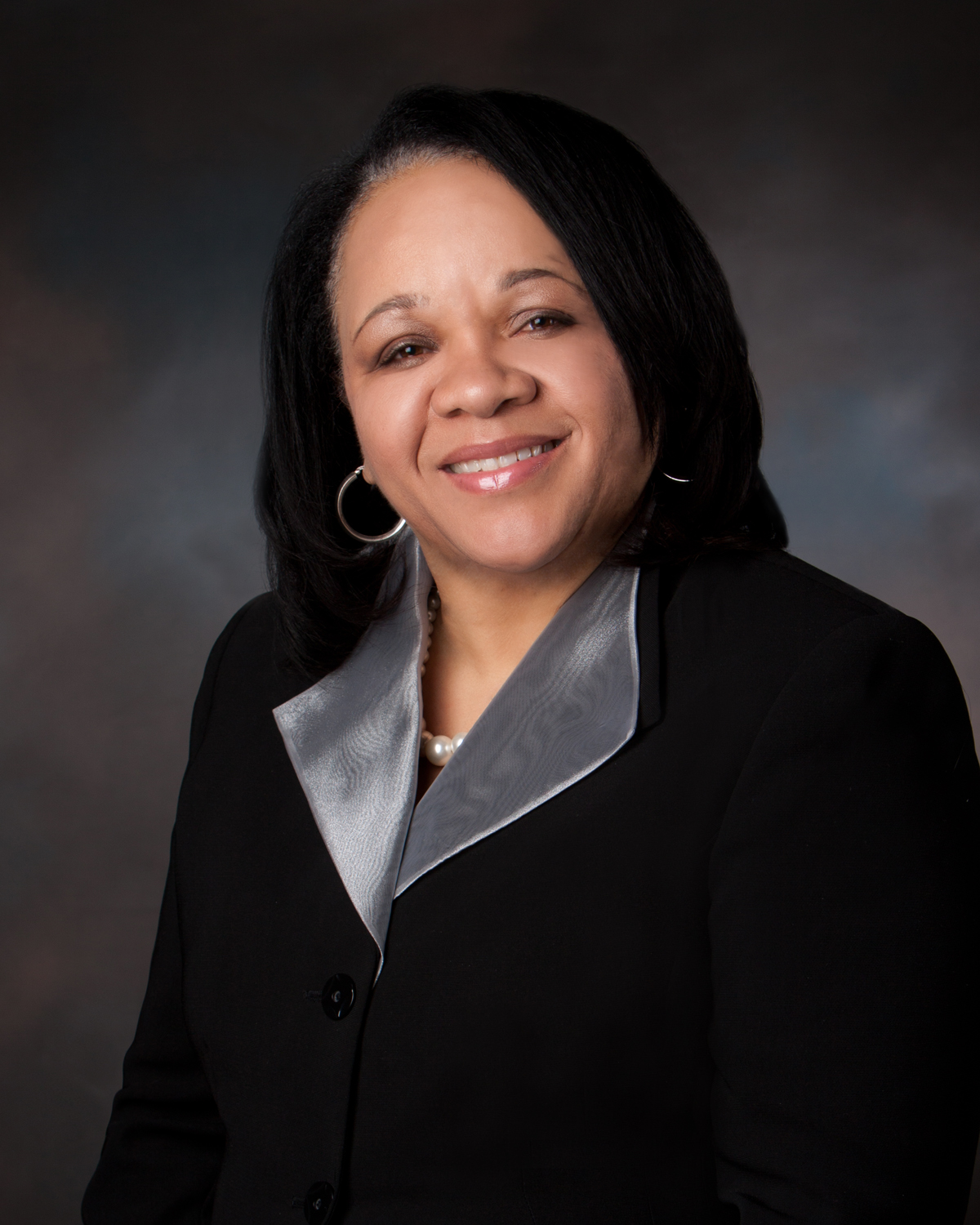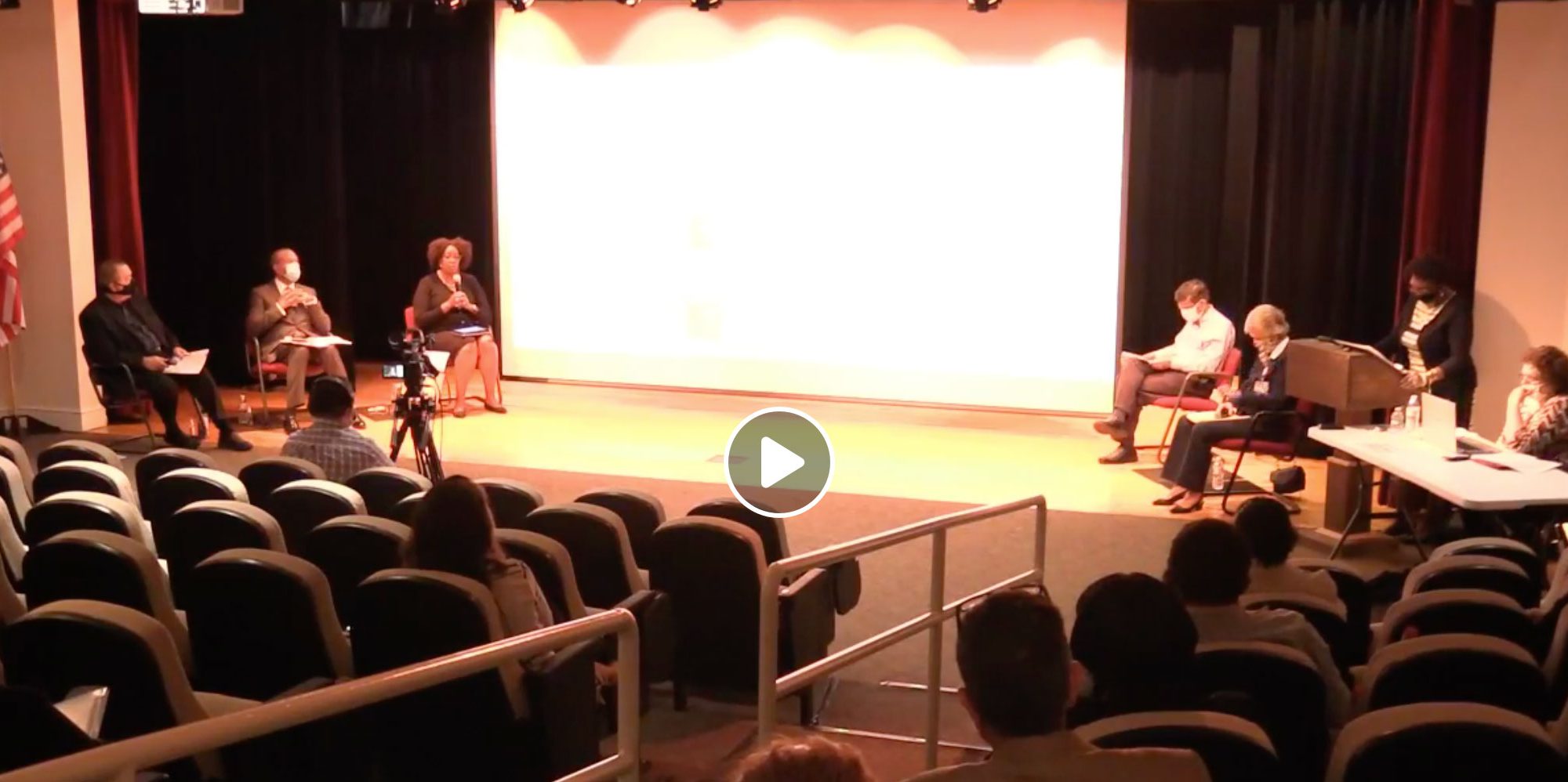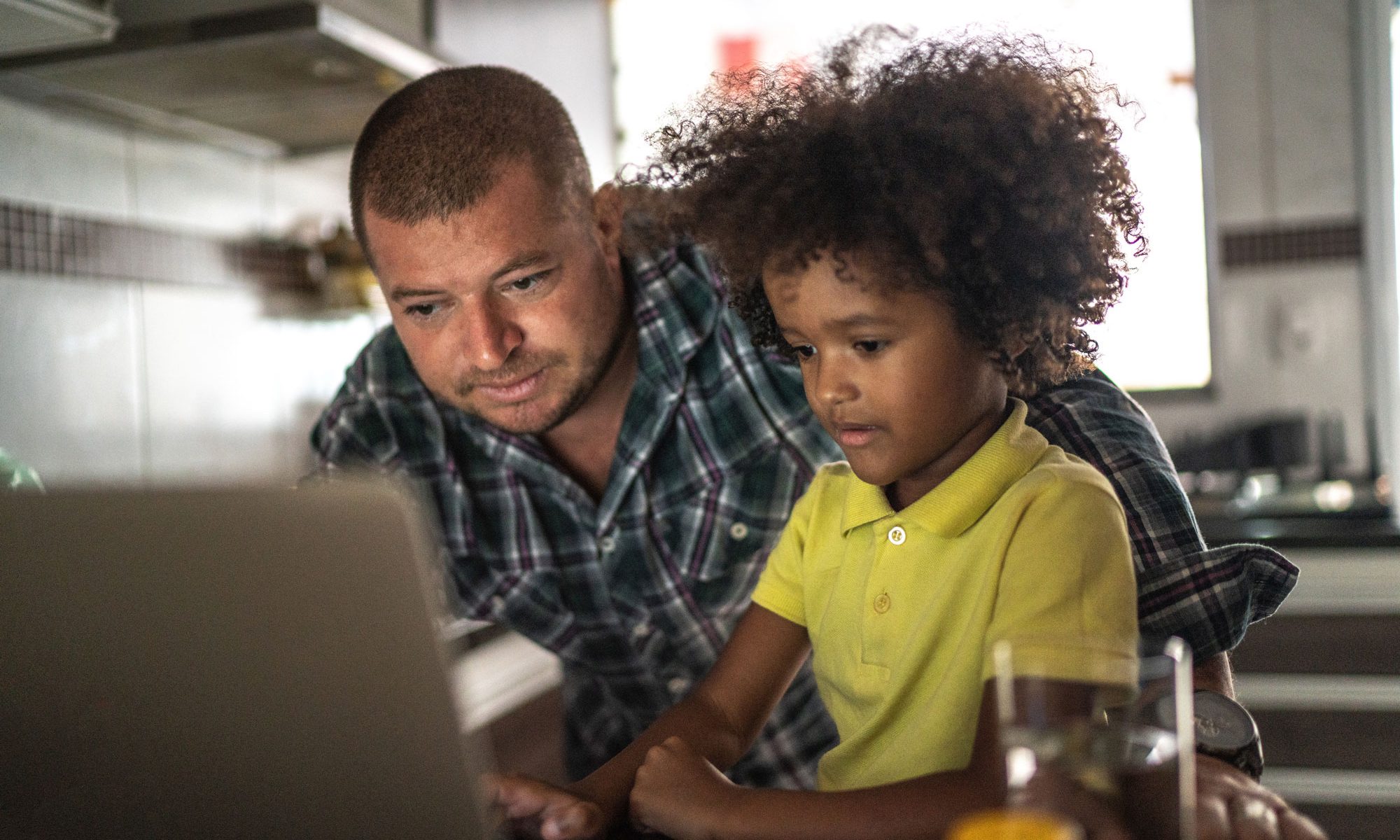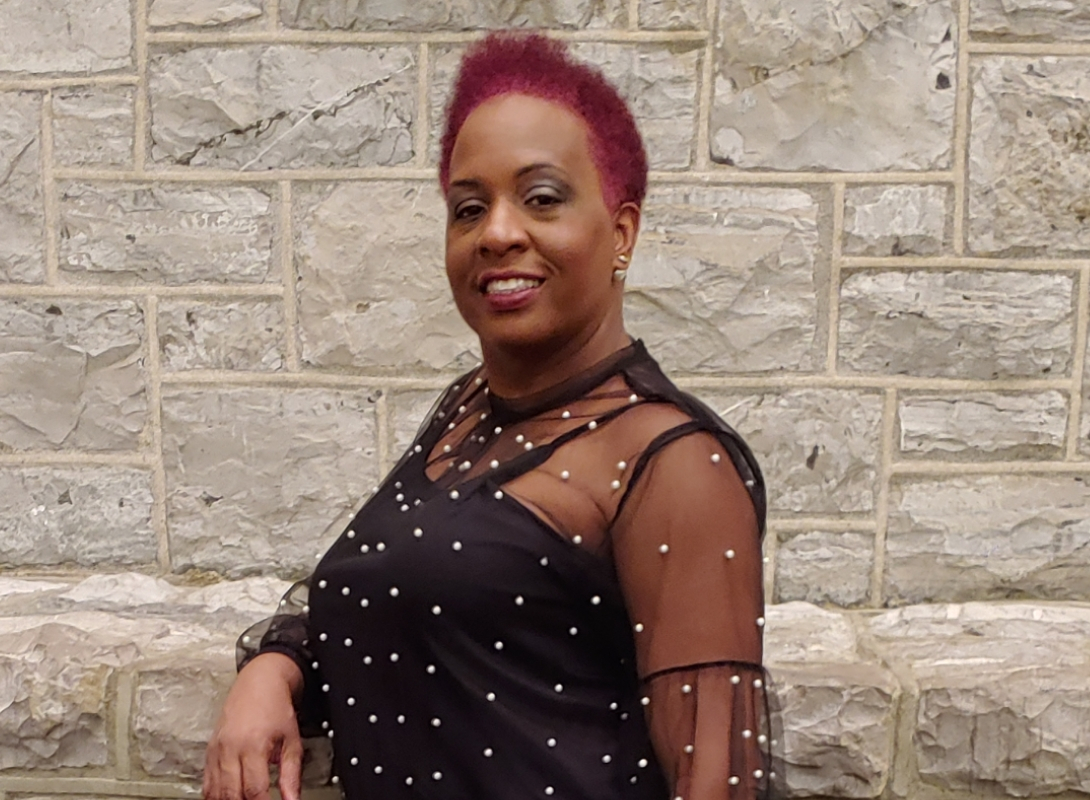Celebrating 55 Years of Service
This year we are celebrating 55 years of service in our community. Over the decades, we have been committed to providing programs to help individuals and families achieve economic and personal independence through education, employment, affordable housing, and safe and healthy environments. This year’s unprecedented challenges have reinforced our calling: to create spaces that foster hope and allow equal participation in our society.
In 1964, the Economic Opportunity Act came to fruition through the leadership of President Lyndon Johnson. This important federal act was created to help the poor overcome generational poverty by providing important services like education, job training, and healthcare.
Cabell Brand, our founder and first chairperson of TAP, was passionate about creating meaningful, lasting change. Within a few months of the Act passing, Brand had managed to create the first official anti-poverty agency in the Roanoke area on April 28, 1965.
On our 55th anniversary, we recommit ourselves to that work, and ask you to join us, knowing its importance will only grow as we face our future as a community and a nation.
A Word from Annette Lewis, President & CEO of TAP
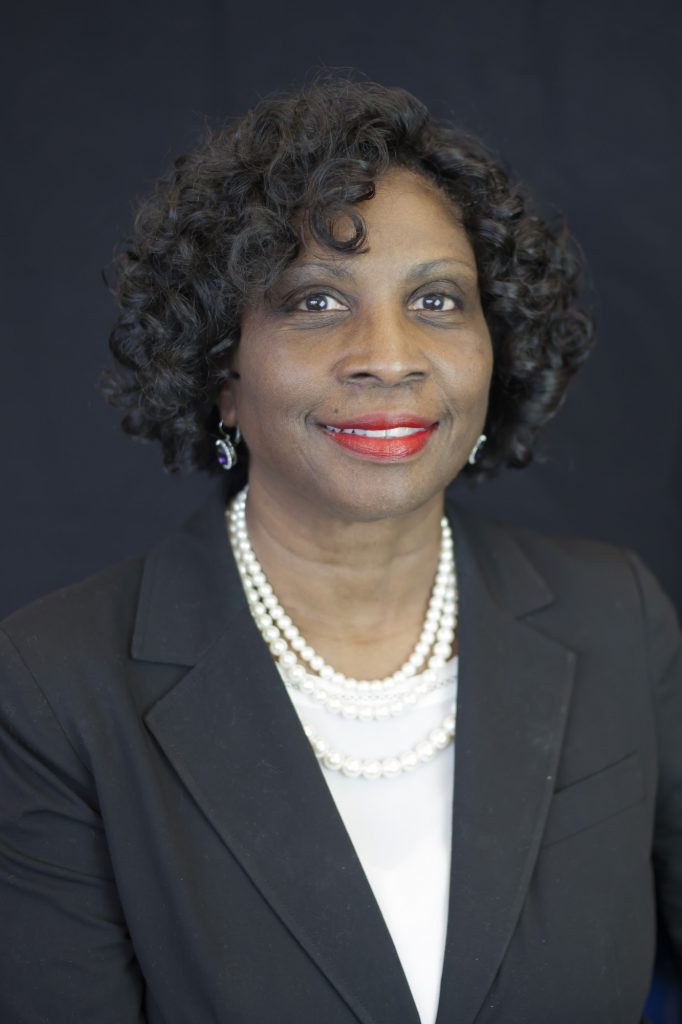
“TAP is proud of its 55-year history of being a leader in addressing the needs of those who have struggled to find hope in the midst of limited resources, skills, or opportunities,” stated Lewis. “These are challenging times for our country. Let us stand for justice, equality, and equity for those most vulnerable members of our community.”
From Sherman Lea, Mayor of the City of Roanoke
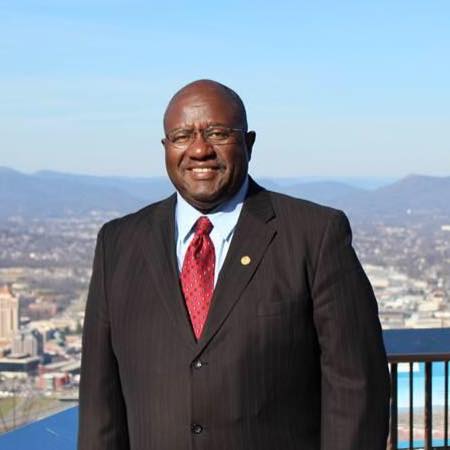
“As a former board chairman of TAP, I know the agency’s history and what important work they do for those less fortunate in all our communities,” stated Mayor Lea. “Join me and other mayors, chairs of boards of supervisors, council members, and board of supervisors in the jurisdictions they serve, to say congratulations on TAP’s 55th anniversary. Thank you for being such an important community partner.”
A look at the impact of TAP programs in the 2019 program year
- TAP served close to 5,000 individuals in 4,743 households
- 254 families received safety-related repairs to their homes
- 976 individuals took advantage of free tax prep services
- 107 families were kept safe by providing safe exchange and supervised visitation
- 1,057 domestic violence crisis hotline calls were answered
- 6 businesses were started or expanded
- 100% of TAP Youth Employment Program students (most who have been court-involved) graduated the program and obtained employment
- 95% of veterans served obtained safe and stable housing
TAP’s Service Area
We are the designated community action agency for 11 jurisdictions in southwest Virginia, including the cities of Roanoke, Salem, Covington, Lexington and Buena Vista and counties of Roanoke, Alleghany, Bath, Botetourt, Craig, and Rockbridge.
The financial and community support of these jurisdictions—as well as individual and corporate donors and volunteers—have been critical to the success of TAP.
Below are additional comments from representatives of the 11 jurisdictions that we serve in southwest Virginia, as well as a brief history of some of the programs that have been impacted by TAP.
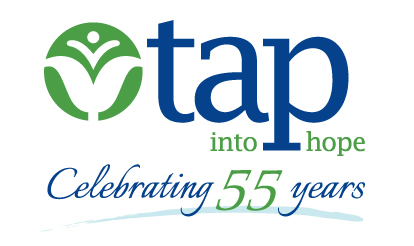
Celebrating 55 years of service in the jurisdictions we serve
City of Salem, Mayor Renée F. Turk
“The City of Salem is very proud of our long-standing relationship with TAP and we want to congratulate them on such a terrific achievement. The work they do with individuals and families is so important, especially in these challenging times. On behalf of our residents who have benefited from their programs, thank you and continue the great work.”
City of Covington, Mayor Tom Sibold
“The City of Covington is proud to have a TAP office within our city limits. This allows our local residents the opportunity to use the various TAP services on a more regular basis. As a TAP board member, I am delighted to be associated with an agency that goes above and beyond in helping those who find themselves in need of help. Congratulations on your 55th anniversary.”
City of Lexington, Mayor Frank W. Friedman
“Congratulations TAP on 55 years of dedicated, supportive, collaborative work with our community and our Valley! Thank you for supporting individuals and communities to provide resources and support to be successful today and creating a sound foundation for tomorrow. Your tireless commitment is inspirational.”
City of Buena Vista, Mayor William “Billy” Fitzgerald
“On behalf of the City of Buena Vista, I would like to congratulate TAP on their 55th anniversary. As one of the leading Community Action agencies in the State, TAP has been instrumental in helping many in our community through programs that focus on early child development, housing counseling and repair. Again, thank you for all you do for our community.”
Alleghany County – G. Matt Garten, Chairman, Board of Supervisors
“TAP believes in helping individuals and families achieve independence. We have seen the results here in Alleghany County and on behalf of our Board of Supervisors, I want to praise them for their efforts in standing with us to help those in need.”
Bath County – Edward T. Hicklin, Chair, Board of Supervisors
“TAP should be commended on their 55-year history of helping Virginians improve their lives. In Bath County they have made a positive difference in the lives of so many of our residents and we want to thank them for their hard work.”
Botetourt County – Billy W. Martin, Chairman, Board of Supervisors
“Congratulations TAP on your 55-year history as a Community Action Agency. As a TAP Board member for twelve years and the Chair of the Botetourt County Board of Supervisors, I have seen firsthand the results of the Agency’s commitment and dedication to those who need it most. Thank you TAP for caring.”
Craig County – Jesse Spence, Chair, Board of Supervisors
“Craig County is happy to have TAP as one of our community partners. The work they do with individuals and families is so important and many of our residents have benefited from it. Congratulations on this important milestone.”
Roanoke County – David F. Radford, Chairman, Board of Supervisors
“Roanoke County has partnered with TAP on various programs over the years and we want to congratulate them on such a terrific milestone. They are committed to their mission of achieving economic and personal independence for those in our community who need a helping hand to overcome their problems and improve their lives.”
Rockbridge County – Daniel E. Lyons, Chairman, Board of Supervisors
“As a community action agency, TAP has become a shining example of what service means in our communities. They provide hope and inspiration to individuals and families who are underserved and living in poverty. TAP also serves some of our most vulnerable, like children and veterans. Congratulations on your 55th anniversary and thank you for all you do.”
TAP has a long history of creating or expanding programs in response to community needs.
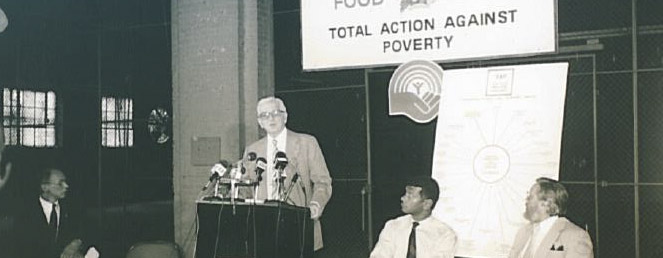
Some of these efforts include:
1967 – Legal Aid Society of Roanoke Valley opened as a TAP delegate agency.
1972 – The League of Older Americans was established with TAP’s help.
1975 – TAP collaborated with local organizations to launch RADAR, a local transportation project.
1976 – TAP established its Domestic Violence Services.
1979 – Virginia CARES, later spun off into a statewide program, was established at TAP.
1981 – TAP enrolled the first students in Project Discovery, which later became a statewide program.
1990 – TAP’s CHIP program went statewide.
1994 – Business Seed Capital, Inc. was created to help people start their own businesses.
2002 – TAP led the effort to renovate the Dumas Center for Artistic and Cultural Development.
2007 – Sabrina’s Place opened its doors as the first supervised visitation and exchange center for victims of domestic violence.
2010 – TAP’s Veterans Services was formed.
2019 – TAP Books opened to generate revenue for the agency and support TAP’s mission by creating jobs and giving free books to people in need.

